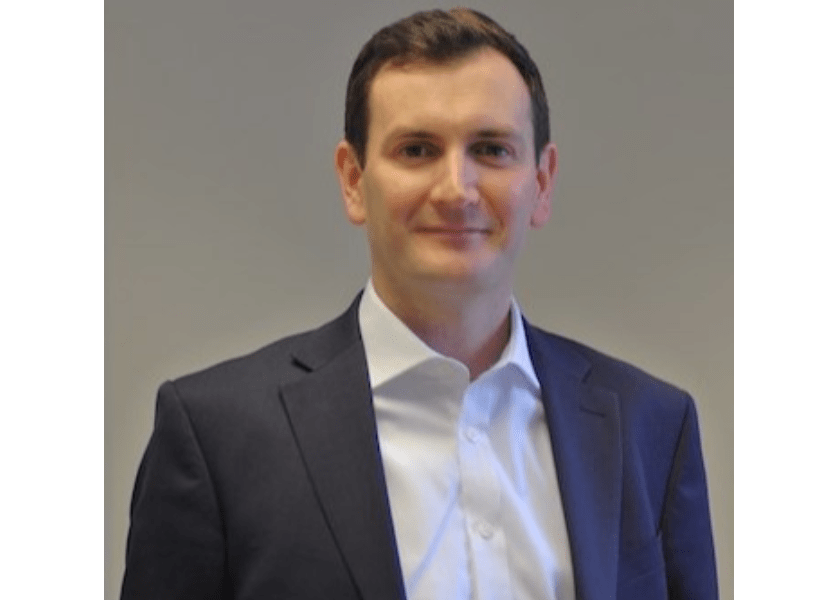
Global awareness of raising standards
Lifting industry standards for safe practice and training need to be raised globally and we are perfectly placed to drive this process, says Ross Moloney, CEO of The Lifting Equipment Engineers Association (LEEA).
A continual adherence to raising standards in the UK has resulted in very few fatal accidents in this country’s lifting industry. The UK has traditionally been at the heart of the global lifting industry and the practices, standards and legislation created here have already influenced the creation of a safer work environment around the world.
In Europe, for example, there exists fundamental Health & Safety legislation, mostly deriving from the UK’s 1974 Health & Safety at Work Act, widely seen as the ‘grandfather’ of modern legislation. There is also comprehensive regulation such as the Supply of Machinery Safety Regulations (SOMSR), Provision and Use of Work Equipment Regulations (PUWER) and the Lifting Operations and Lifting Equipment Regulations (LOLER), augmented by BS/EN/ISO Standards and national additions and variations.
The US has its own Federal legislation issued by OSHA and ASME Standards. Other countries have adopted EU or US approaches in part or in full. Where legislation is lacking or deficient, some industries – for example in the West African oilfields – have adopted European norms as ‘best practice’. Of course, even in the absence of comprehensive legislation, any court or tribunal will tend to look at culpability in terms of adherence to recognised best practice whether mandated by law or not. LEEA’s own Codes of Practice are widely accepted as ‘best practice’ in many countries that do not have their own comprehensive regulations.
The challenge is to raise standards worldwide in areas without an equivalent enforcement of safe practice.
Large multinational companies are naturally risk averse and will often subcontract work that negates that risk. It is crucial that these kinds of organisations – operating in industries such as Oil and Gas, Marine and Construction – use subcontractors around the world that have the right experience and expertise. In fact, it is likely to be the case that operators will require a ‘gold standard’ service as a condition for employing a subcontractor.
Training also increases safe practice. The world is changing and it is important that the lifting industry changes with it, making sure that we are up to date, and are covering innovations and new products. We need to consider how we can modernise to take advantage of new materials that are lighter or better for the environment. Young people seeking to enter our industry should receive training to the highest standards, and to go forward in whichever country or sector they find themselves.
Language should not be a barrier and this means delivering standards and training in widely spoken languages such as Portuguese, Mandarin and Bahasa in addition to English.
There should be no let up in raising standards globally. The aim must be that people carrying out lifting equipment work should be safe and well trained no matter where they are geographically.
More government organisations, municipalities and international companies are insisting on the use of qualified engineers for inspection. They must have recognisable and trustworthy ‘gold standards’ for service providers on which they can rely. I would like to see LEEA become the primary organisation for creating and auditing those standards in the countries we are in, having a high profile and being recognised for technical knowledge and the training that people receive. With recognition as the authoritative body across the globe, LEEA can not only create global awareness of a gold standard lifting industry among end user markets, but also exert greater influence on stakeholders, policy makers and governments around the world – for the benefit of end users, the lifting industry and the all those who work within it.



